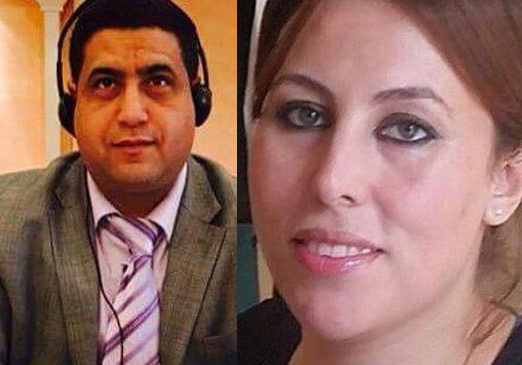
Feb 13, 2016 | News
The ICJ today called for the reversal of last Thursday’s decision removing Judge Mohamed Al-Haini from office with suspension of his pension rights.
Judge Al-Haini, together with his colleague Amal Homani, was referred to the High Judicial Council by the Minister of Justice on unwarranted allegations of “violating the duty of discretion” and “expressing opinions of a political nature” following social media comments and media articles written by the judges in which they criticized the government’s Draft Laws on the Conseil Supérieur du Pouvoir Judiciaire and on the Statute for Judges.
The ICJ stresses that it is entirely appropriate for a judge to comment on matters of public interest that go to the organization and governance of the legal profession.
The ICJ, as well as Moroccan professional associations of judges and civil society organizations, has previously called on the Moroccan authorities to revise these same two draft laws to fully comply with international standards on judicial independence.
The ICJ is concerned both at the unfair and arbitrary nature of the proceedings against Judge Al-Haini. He was only granted two hearings before the High Judicial Council’s decision to dismiss him was taken.
Furthermore, several flaws in the proceedings curtailed Judge Al-Haini’s right to defense.
In particular, the High Judicial Council refused to strike the Minister of Justice from the disciplinary panel.
The Minister clearly had a conflict of interest, given his role in initiating the proceedings against the two judges.
As a result, Judge Al-Haini’s defense team withdrew from the case in protest.
At the second hearing the proceedings were carried out in the absence of any defense counsel.
“Despite recurring breaches of due and fair process standards, the disciplinary proceedings against Judge Al-Haini continued leading to the harshest disciplinary sanction possible in violation of principles governing the independence of the judiciary,” said Theo Boutruche, Legal Adviser of the ICJ Middle East and North Africa Programme.
According to international standards members of the judiciary facing disciplinary proceedings have the right to an independent and impartial authority or court with all the guarantees of a fair trial.
The ICJ is further concerned that under the current legal framework in Morocco, the decisions of the High Judicial Council are not subject to any form of review.
This is clearly inconsistent with international standards that require that any disciplinary decision should be subject to an independent review.
“The absence of any possibility to challenge the decision of dismissal deprives Judge Al-Haini of a safeguard against the improper use of disciplinary proceedings, which is clearly the case here,” Boutruche warned.
The ICJ had previously called on the Moroccan authorities to end the unwarranted and arbitrary disciplinary proceedings against Judges Al-Haini and Homani.
The ICJ stressed that members of the judiciary, like other persons, enjoy the rights to freedom of expression, belief, association and assembly in consonance with the dignity of their office and the impartiality and independence of the judiciary.
“This decision should be nullified and the proceedings against the two judges themselves should be terminated,” Boutruche added.
“This case is a stark reminder of the need for the Moroccan authorities to revise the two draft laws, that were adopted last Wednesday by the parliament, to properly strengthen the judicial independence and create a truly independent Conseil Supérieur du Pouvoir Judiciaire in line with international standards,” he concluded.
Contact:
Theo Boutruche, Legal Adviser of the ICJ Middle East and North Africa Programme, tel: +961 70 888 961, e-mail: theo.boutruche@icj.org
Morocco-Al Haini Dismissal-Web Story-2016 (full web story in PDF, Arabic)
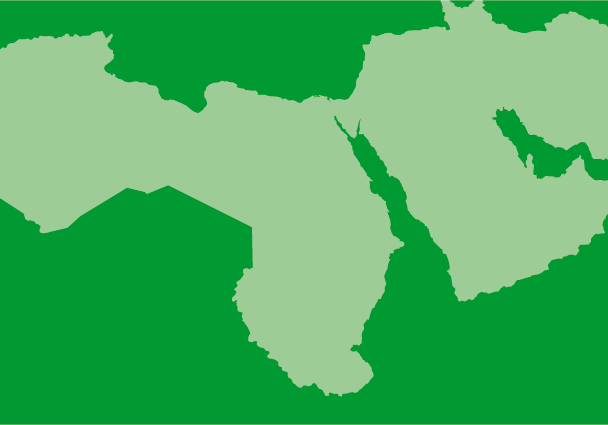
Jan 14, 2016 | News
As today marks the fifth anniversary of the toppling of Ben Ali’s regime, the ICJ calls on Tunisian authorities to adopt key legal and policy reforms to combat impunity and to deliver justice to victims of past human rights violations.
Under Ben Ali’s regime, thousands of human rights violations, including torture and other ill-treatment, unlawful killings, enforced disappearances, and arbitrary arrests and detentions, were committed by law enforcement and other security officers.
Numerous similar violations were also committed during the December 2010 to January 2011 uprising and some of them continue today.
“The political and institutional reforms introduced in Tunisia over the past 5 years should not be the sole yardstick to measure the success of the transition,” said Said Benarbia, Director of the ICJ Middle East and North Africa Programme.
“Victims of human rights violations, in particular under Ben Ali’s rule, and during the uprising still await justice,” he added.
Despite several cases being brought before Tunisian courts, in particular military courts, these proceedings have yet to establish the truth about violations, ensure that all those who are responsible are held to account, and fulfill the rights of victims to effective remedies and reparation.
“Until their rights to effective remedies and reparation are realized, including by holding the perpetrators to account, the transition will remain incomplete,” Benarbia said.
Indeed, despite numerous legal and policy reforms, including the adoption of the “Transitional Justice Law”, and the establishment of the Truth and Dignity Commission (Instance Vérité et Dignité), the ICJ is concerned that justice for victims remains mostly elusive.
Obstacles that impede victims’ access to justice and effective remedies include current weaknesses in the Tunisian criminal procedures, such as the broad discretion of the public prosecutor to dismiss cases without providing specific reasons (and the lack of ability of victims effectively to challenge such decisions), the lack of effective measures for the protection of victims and witness, inadequate laws on the definition of crimes and superior responsibility, and the use of military courts to address human rights violations.
“Key reforms both in law and practice are needed for Tunisia to properly address past abuses in Tunisia, end pervasive impunity and provide victims with justice,” Benarbia said.
Contact:
Theo Boutruche, Legal Adviser of the ICJ Middle East and North Africa Programme, tel: +96 170 888 961, e-mail: theo.boutruche(a)icj.org
Tunisia-Anniversary-News Press Release-2016-ARA (Arabic version, in PDF)
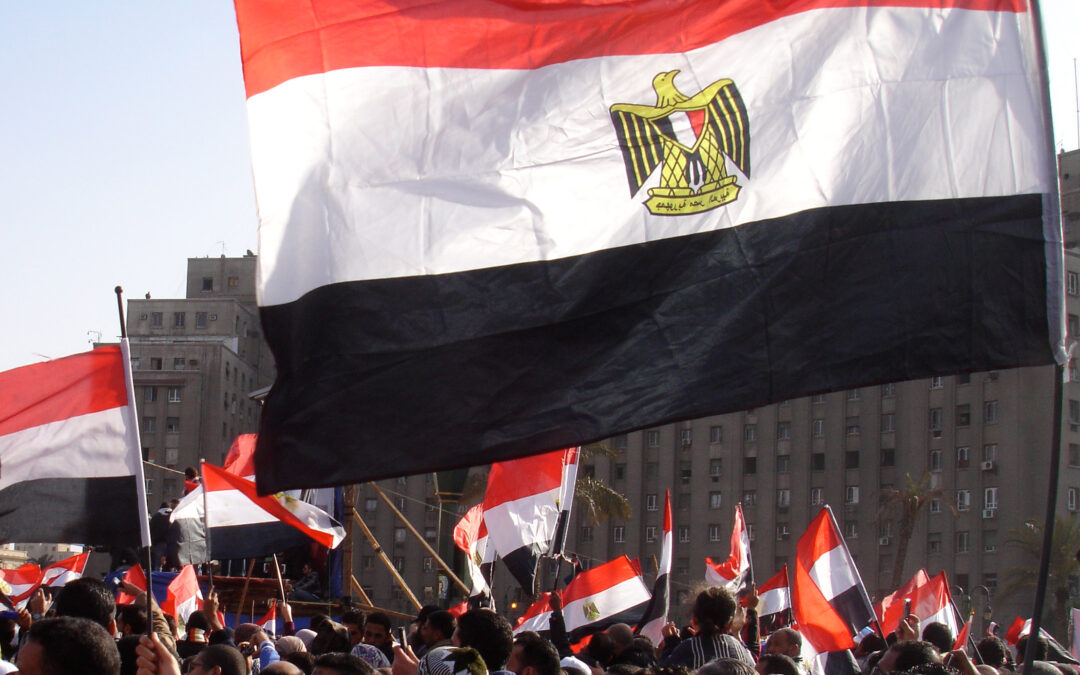
Dec 22, 2015 | News
The ICJ today called on Egypt’s newly elected House of Representatives to amend or annul the web of repressive presidential decrees promulgated since the ouster of President Morsi.
“Egypt’s House of Representatives must dismantle the catalogue of repressive presidential decrees that have been used by the authorities to stifle dissent, curtail fundamental rights and freedoms and shield state officials from accountability in cases of human rights violations,” said Said Benarbia, Director of the ICJ’s Middle East and North Africa (MENA) Programme.
Article 156 of the Egyptian Constitution provides that decrees issued by the President while the House of Representatives is not in session must be discussed and approved by the new House of Representatives within 15 days of it convening.
Failure to do so results in the laws being automatically nullified with retroactive effect.
The ICJ and others have detailed how many of these presidential decrees, including the Demonstration Law (No.107 of 2013), the Counter-Terrorism Law (No.94 of 2015), the Terrorist Entity Law (No.8 of 2015), the Law on Military Courts (No.136 of 2014) and laws amending the Criminal Code (No.128 of 2014) and the Prison Law (No.106 of 2015), violate Egypt’s obligations under international law.
Key concerns relate to the right to life, the right to liberty and the right not to be subjected to arbitrary detention, fair trial rights, and the rights to freedom of expression, association and assembly.
These fundamental rights are protected by for instance the International Covenant on Civil and Political Rights, which Egypt ratified in 1982 and which today counts 168 states as parties.
Over the last two years, thousands of individuals have been prosecuted and convicted pursuant to such decrees, including the Demonstration Law, through proceedings that fell short of international fair trial standards.
Further, many of these decrees, in particular the Counter-Terrorism Law and the Demonstration Law, institutionalise the immunity of state officials from legal proceedings against any use of force committed in the course of their duties, including the use of lethal force when it is not strictly necessary to protect lives.
The decrees also fail to provide for any reparations mechanism for victims.
“Egypt’s parliament should, as a matter of urgency, ensure that those who have suffered human rights violations on the basis of these laws obtain effective remedy and reparations, remove all obstacles to justice and accountability, and address the impunity of state officials underpinned by these decrees”, Benarbia added.
Contact:
Alice Goodenough, Legal Adviser of the ICJ Middle East and North Africa Programme, t: +44 7815 570 834; e: alice.goodenough(a)icj.org
Nader Diab, Associate Legal Adviser of the ICJ Middle East and North Africa Programme, t: +41 229 793 804; e: nader.diab(a)icj.org
Egypt-New House of Representatives-News-Press releases-2015-ARA (full text in Arabic, PDF)
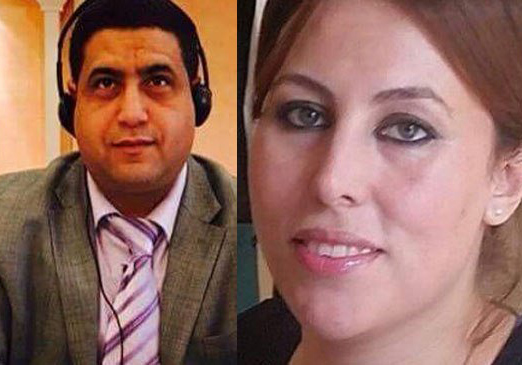
Dec 7, 2015 | News
The ICJ today called on the Moroccan authorities to put an immediate end to the disciplinary proceedings initiated against judges Amal Homani and Mohamed Al-Haini.
The two were referred to the High Judicial Council by the Minister of Justice on unfounded allegations of “violating the duty of discretion” and “expressing opinions of a political nature”.
The charges stem from social media comments and media articles written by the judges in which they criticized the government’s Draft Law No. 100.13 on the Conseil Supérieur du Pouvoir Judiciaire and the Draft Law No 106.13 on the Statute for Judges, including provisions that appear designed to maintain executive branch control of the judiciary and the career of judges.
“Instead of subjecting judges who are promoting the rule of law and judicial independence to unjustified and arbitrary disciplinary proceedings, the Moroccan authorities must comply with their obligations under international standards to guarantee, protect and preserve judicial independence,” said Said Benarbia, Director of the ICJ Middle East and North Africa Programme.
“The disciplinary proceedings against judges Amal Homani and Mohamed Al-Haini are clearly without foundation and must be immediately and unconditionally terminated,” he added.
International standards are clear: members of the judiciary are, like other citizens, entitled to freedom of expression, belief, association and assembly.
The exercise of these basic human rights in a manner that preserves the dignity of their office and the impartiality and independence of the judiciary should not constitute a disciplinary offence, the ICJ says.
The social media comments and media articles by judges Amal Homani and Mohamed Al-Haini were clearly within the scope of their rights to freedom of expression, the Geneva-based organization adds.
Under the current legal framework, in particular Law No.1-74-467 of 1974 on the Statute for Judges, the Ministry of Justice has comprehensive and effective control over the entire judiciary, including the High Judicial Council, the career of judges and judicial administration.
Indeed, under the current framework, the Minister of Justice is the Vice-President of the High Judicial Council.
As such the impartiality and fairness of any disciplinary hearings initiated by the Minister of Justice based on statements perceived to criticize the executive branch, must be called into question, the ICJ says.
While provisions of the 2011 Constitution relating to the judiciary constitute an important step towards ending the executive’s control over the judiciary, Moroccan professional associations of judges and civil society organizations have expressed concern that the draft laws perpetuate such control as well as executive interference in judicial matters.
The ICJ has previously called on the Moroccan authorities to revise the two flawed draft laws to ensure their full compliance with international law and standards on judicial independence.
“The Moroccan authorities must end their attacks on judicial independence, including by revising flawed institutional and legal reforms and by ending politicized proceedings against judges,” Benarbia said.
Contact:
Theo Boutruche, Legal Adviser of the ICJ Middle East and North Africa Programme, tel: +961 70 888 961, e-mail: theo.boutruche(a)icj.org
Morocco-Judges Homani-El Haini-News-Press releases-2015-ARA (full press release in PDF, Arabic)
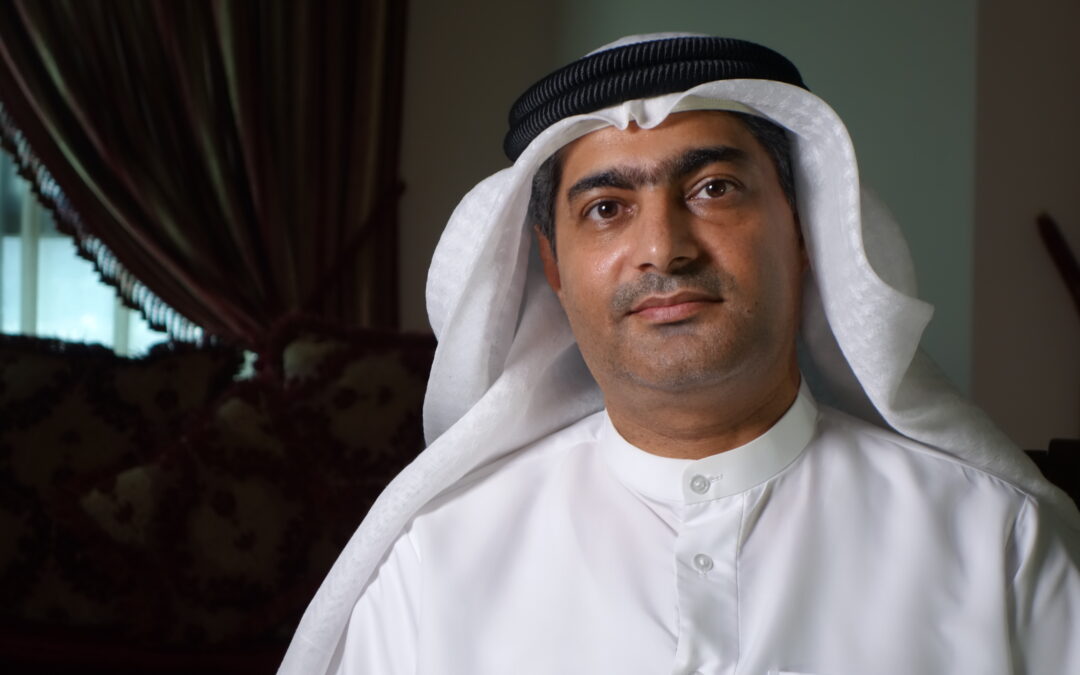
Oct 6, 2015 | Multimedia items, News, Video clips
Selected by a jury of 10 Global Human Rights organizations, including the ICJ, Ahmed Mansoor could not come to Geneva to collect the 2015 Award, as he has been banned from travelling. Robert Sann Aung (Myanmar) and Asmaou Diallo (Guinea) receive Martin Ennals Prizes.
Emirati blogger and prominent human rights defender Ahmed Mansoor is one of the very few independent voices to whom international NGOs can turn for a credible independent assessment of human rights developments in the United Arab Emirates.
He regularly raises concerns on arbitrary detention, torture, international standards for fair trials, non-independence of the judiciary, and domestic laws that violate international law.
Since 2006, he has focussed on initiatives concerning freedom of expression, civil and political rights.
He successfully campaigned in 2006-2007 to support two people jailed for critical social comments, who were released and the charges dropped.
Shortly after, the Prime Minister of UAE issued an order not to jail journalists in relation to their work.
He has faced repeated intimidation and harassment, including imprisonment in 2011 after being convicted of “insulting officials” and sentenced to three years’ in prison, although he was released after eight months.
Since being jailed in 2011, he has been denied a passport and banned from travelling.
The Martin Ennals Jury has publically urged the government of the UAE to lift this travel ban and allow him to travel.
“Ahmed Mansoor continues to pay the price for speaking out on human rights issues in his country, we urge his government to lift the travel ban,” said Martin Ennals Foundation Chair Micheline Calmy-Rey.
“There is little attention for the massive crackdown on free expression and assembly in the UAE, and Ahmed Mansoor is one of the few independent voices who refuses to be silenced,” said Olivier van Bogaert, ICJ Director of Media and Communications, and ICJ Representative on the MEA Jury.
“Without him, we would probably not know that behind the UAE’s shopping malls, high-rise towers and tourism hub, there is a nasty underside, there are dark prisons where inmates are hidden for years without trial, and tortured,” he added.
Honored with a Martin Ennals Prize, Robert Sann Aung (Myanmar) has courageously fought against human rights abuses since 1974.
He has been repeatedly imprisoned in harsh conditions, physically attacked as well as regularly threatened. He was disbarred from 1993 – 2012.
Currently, he represents students detained for peacefully protests.
Asmaou Diallo (Guinea) founded l’Association des Parents et Amis des Victimes du 28 septembre 2009 (APIVA), after the Guinean military attacked peaceful demonstrators on that day.
APIVA assists those affected, and supports them to testify in court proceedings.
Background
The “Nobel Prize of Human Rights”, the Martin Ennals Award for Human Rights Defenders (MEA) is a unique collaboration among ten of the world’s leading human rights organizations to give protection to human rights defenders worldwide.
Strongly supported by the City of Geneva, the award is given to Human Rights Defenders who have shown deep commitment and face great personal risk. Its aim is to provide protection through international recognition.
The Jury is composed of the following NGOs: ICJ, Amnesty International, Human Rights Watch, Human Rights First, Int’l Federation for Human Rights, World Organisation Against Torture, Front Line Defenders, EWDE Germany, International Service for Human Rights, and HURIDOCS.
Contact:
Michael Khambatta, Director Martin Ennals Foundation, t: +41 79 474 8208, e: khambatta(a)martinennalsaward.org
Olivier van Bogaert, ICJ Director of Media and Communications, and ICJ Representative on the MEA Jury, t: +41 22 979 38 08, e: olivier.vanbogaert(a)icj.org
Watch the Martin Ennals Award Ceremony 2015:
Watch the Ahmed Mansoor film:









